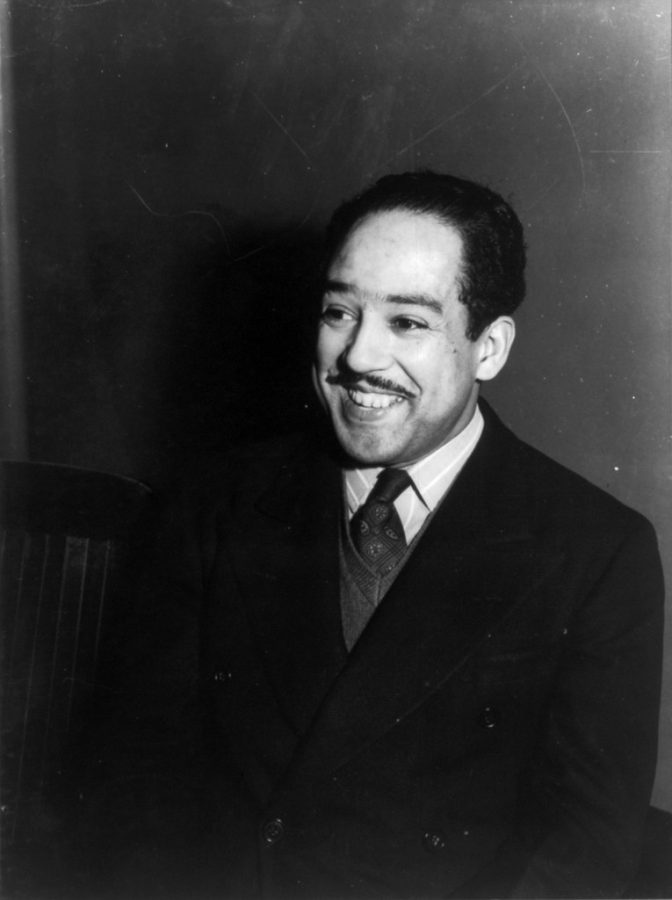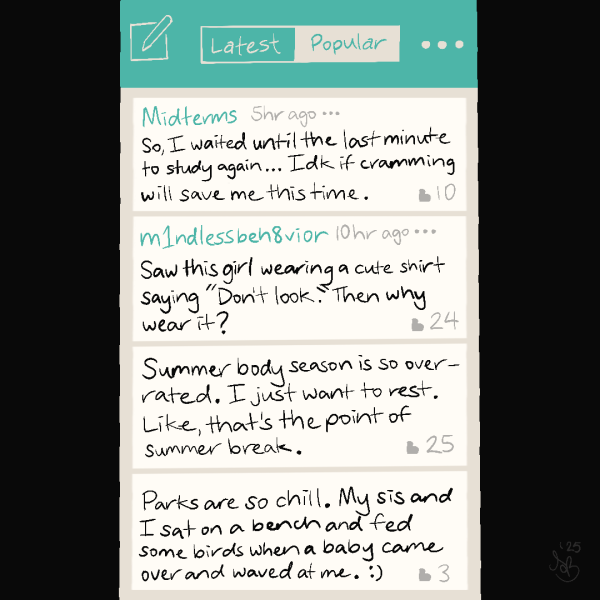Langston Hughes’ words strive to inspire
“Langston Hughes” by On Being is licensed under CC BY-NC-ND 2.0
Langston Hughes was a Harlem Renaissance poet that sought to highlight the lives of African Americans.
Marked by the flapper dresses worn by prestigious women and tailored suits donned by mysterious men, the Roaring ‘20s is one of the most well-known times in history. And within this period recognized for its materialism and glitz, a very important subset of cultural growth emerged: the Harlem Renaissance.
The Harlem Renaissance was a cultural revival of African American art. The movement involved rhythms of jazz becoming incorporated into poetry. Most importantly, the Harlem Renaissance reclaimed African- American voices.
Among those voices was poet Langston Hughes.
Hughes’ upbringing demonstrates that he was a hard worker. According to his online biography on poets.org, Hughes finished high school and delved into the world of higher education at Columbia University in New York City for a year. After publishing his first book
“The Weary Blues,” he finished college at Lincoln University in 1926.
Hughes’ writing focused on being the voice that Black writers needed. Instead of writing in the third person, he wrote addressing his people. It made his writing a personal letter to those who needed to hear his words.
“Dreams” is one of Hughes’ well-known poems that touches on the importance of hoping.
“Hold fast to dreams / For when dreams go / Life is a barren field / Frozen with snow,” Hughes wrote.
Hope, at that time, was not a simple passing feeling that African Americans could cling to because their reality would quickly come back to them as they faced discrimination as soon as they stepped outside of their homes.
While Hughes sought to depict the life of the oppressed in Harlem he did not just highlight sadness. He wanted to call attention to the beauty, growth and perseverance that African Americans practiced.
The first poem I read of Hughes’ detailed a mother addressing her son about the adversities of life and to inspire him that despite the problems it’s all about moving forward. Because even if their paths were not easy they still had to keep climbing.
Impactful when first written, Hughes’ poetry can still inspire readers and provide an insight into a beautiful time that went beyond the illusion of the Roaring ‘20s. In his words, you can escape into the reality of Harlem, New York: the birthplace of new African American voices.

Lia Portillo is a communication major in her last year at NSU. She has worked for The Current Sauce since her freshman year and has loved writing stories...


























